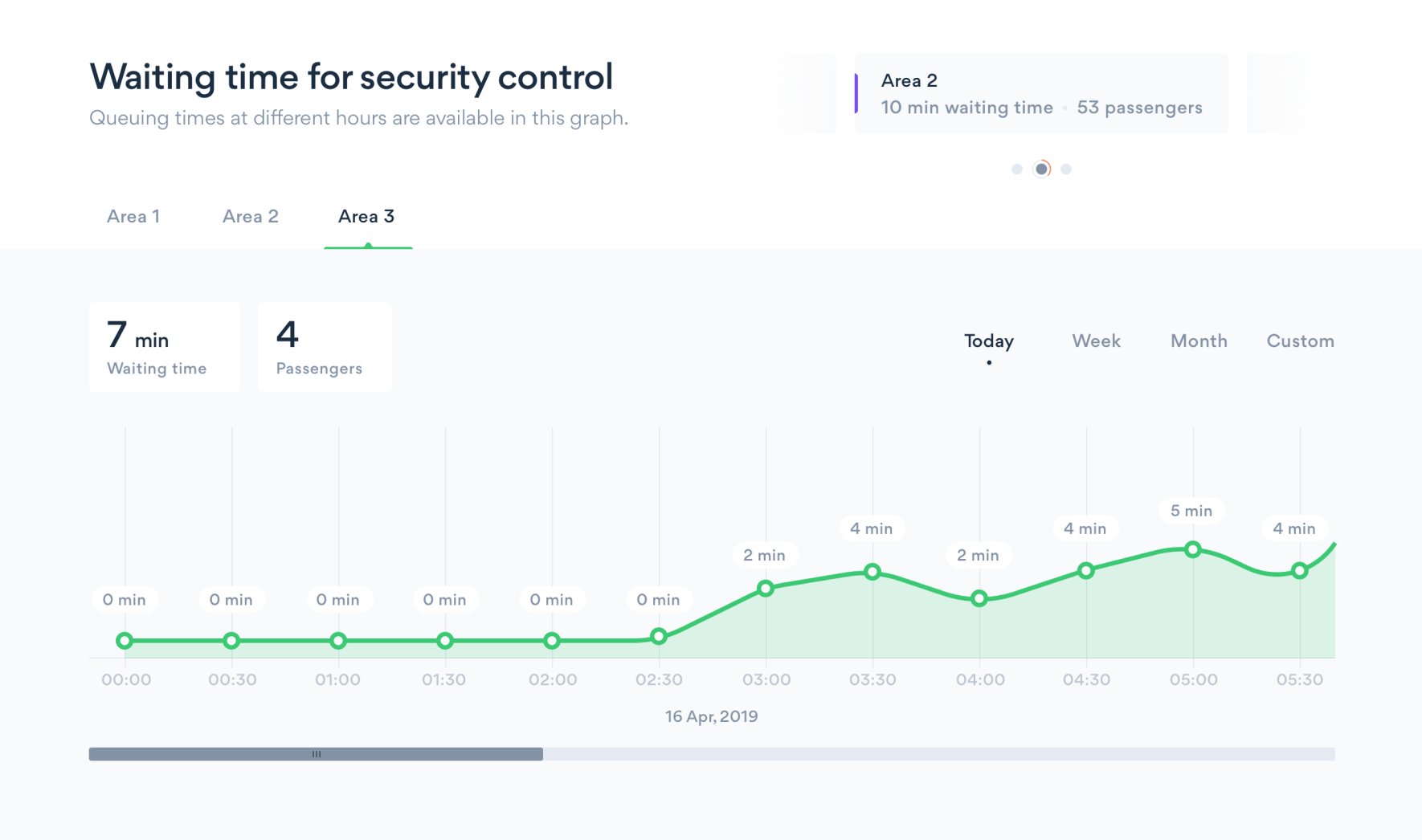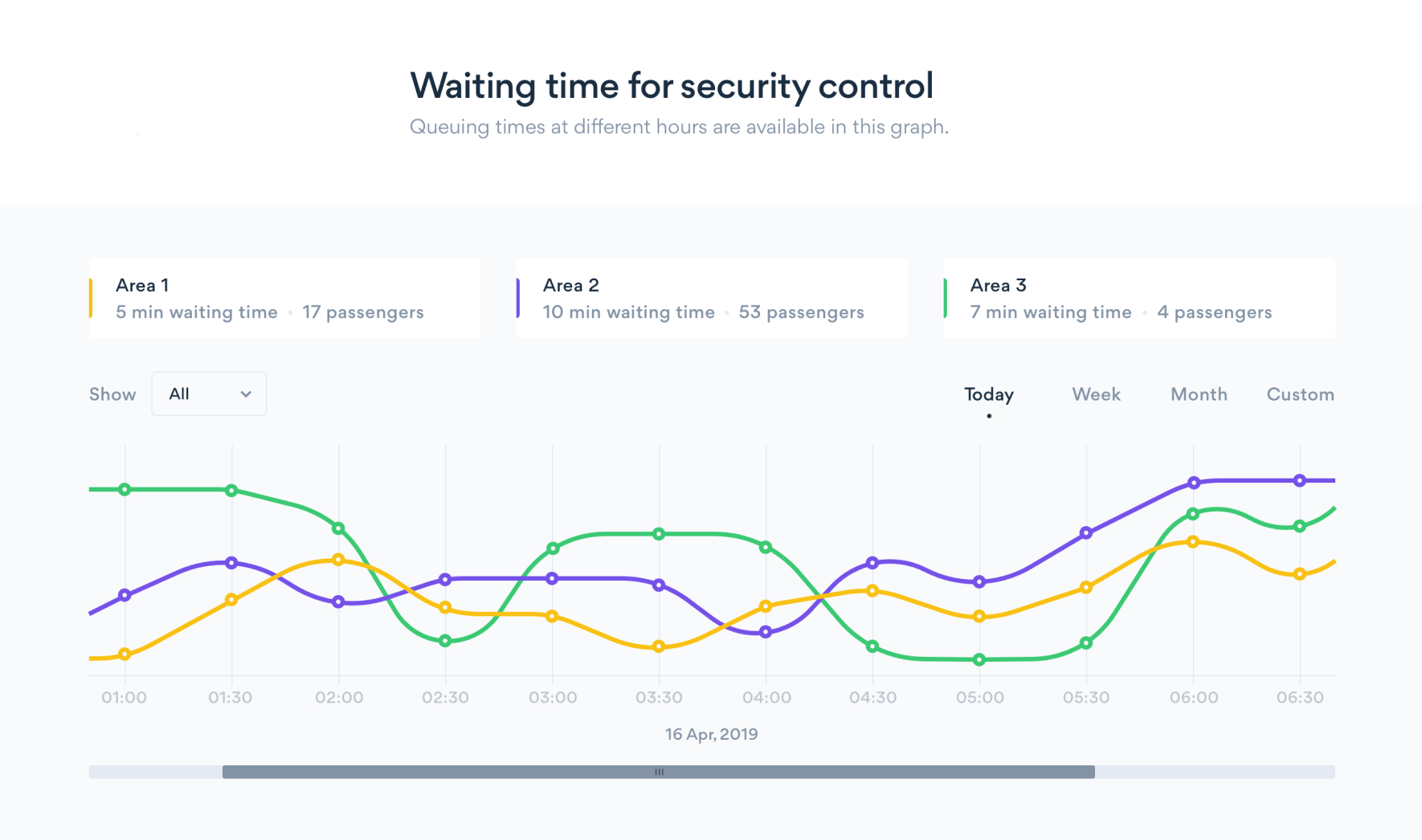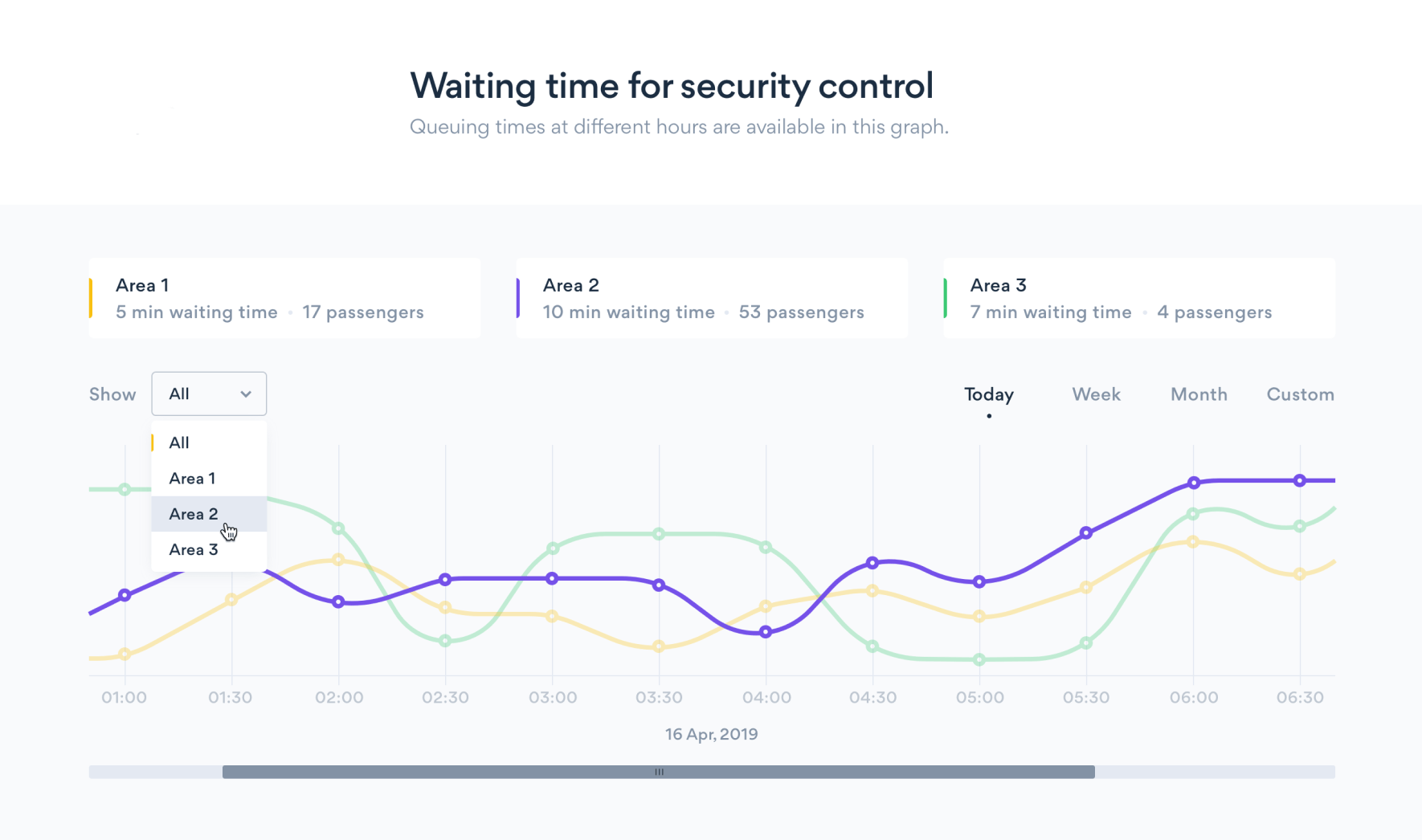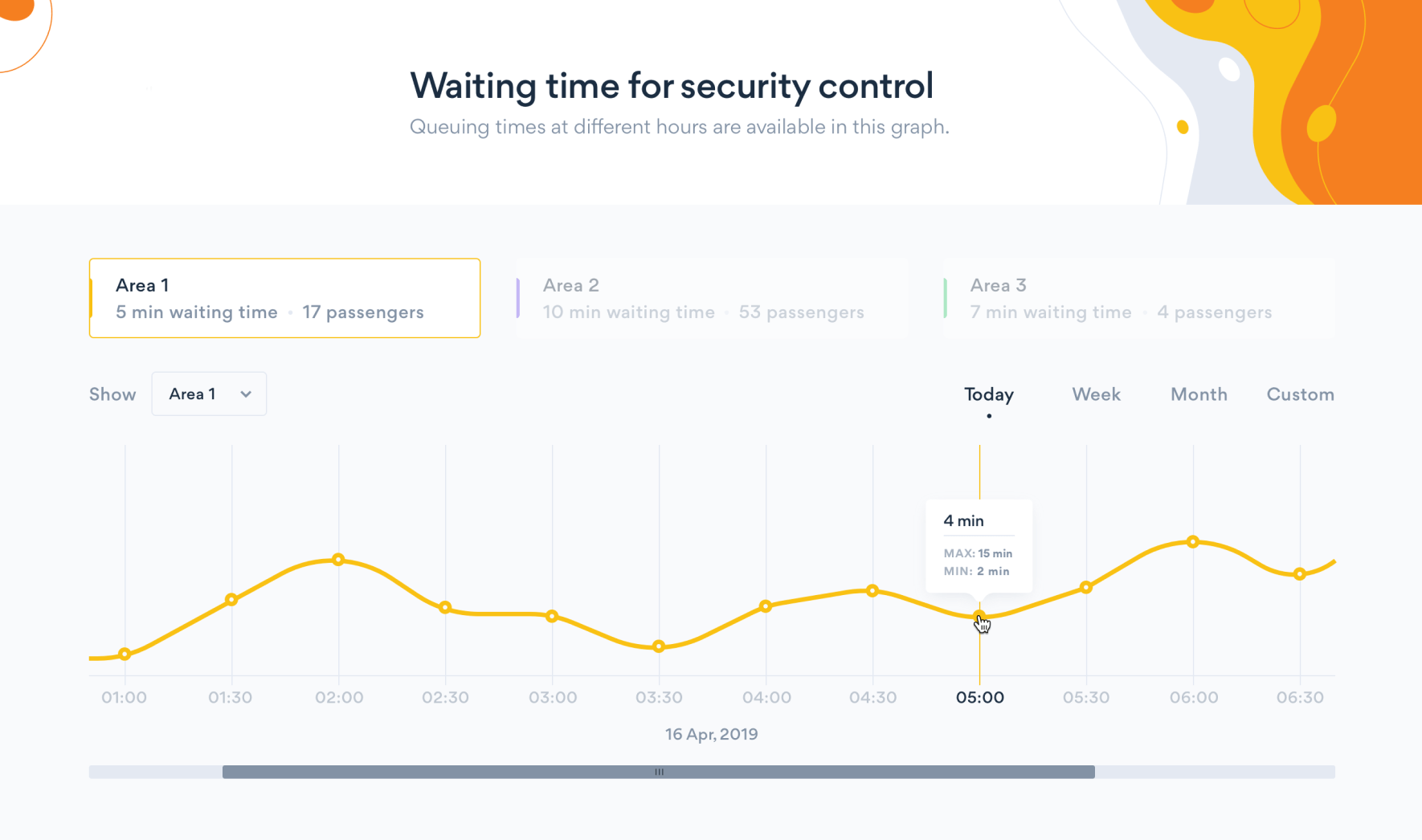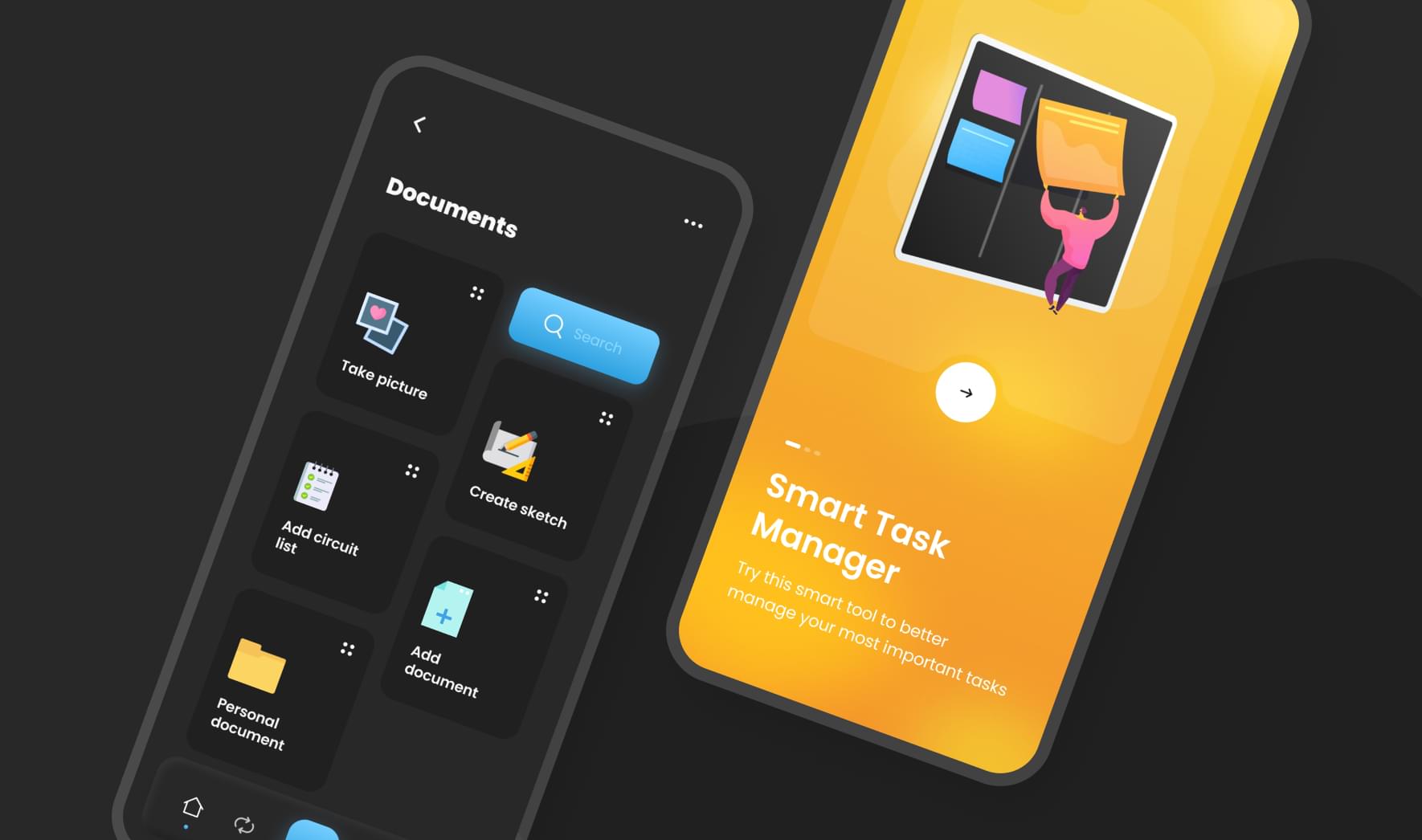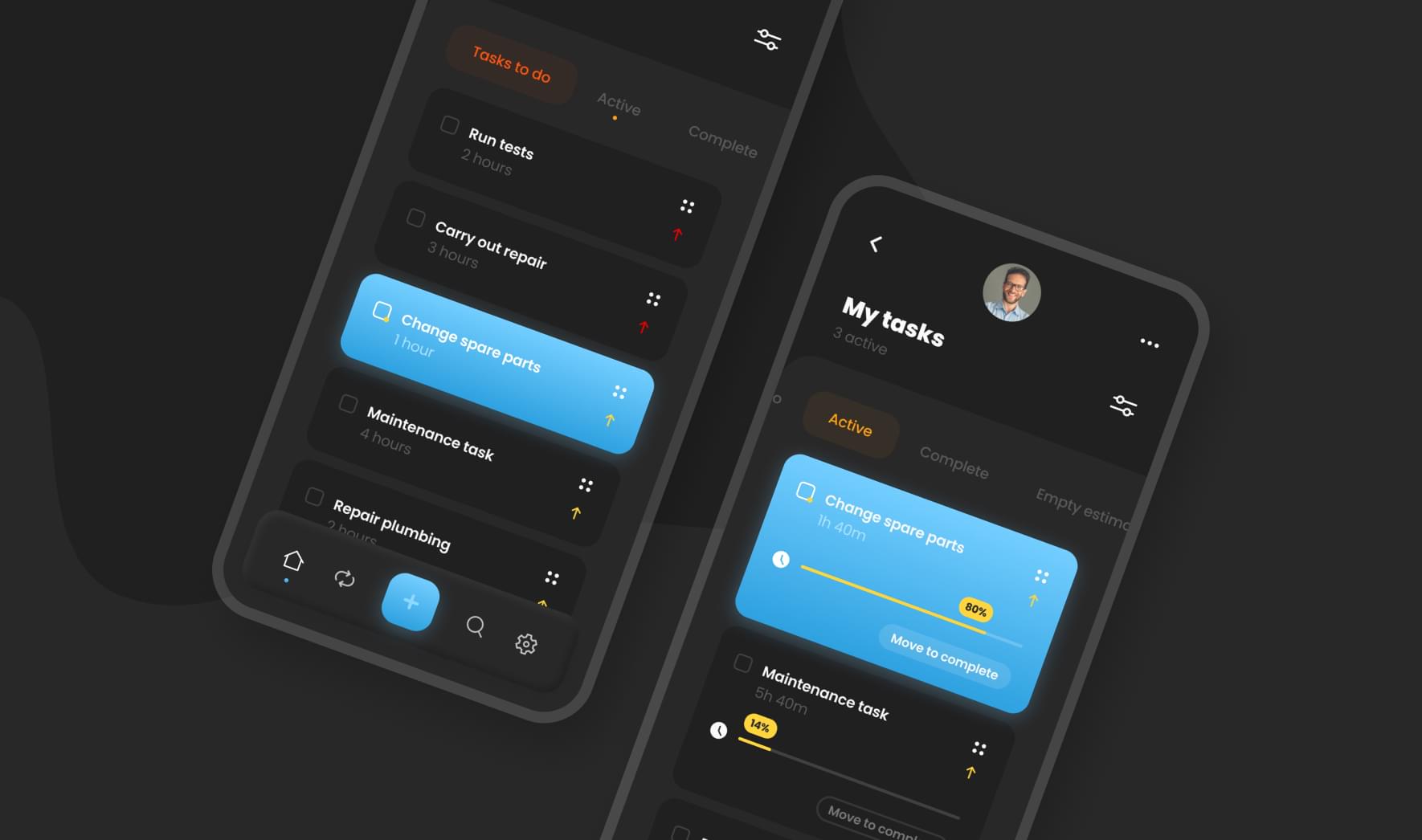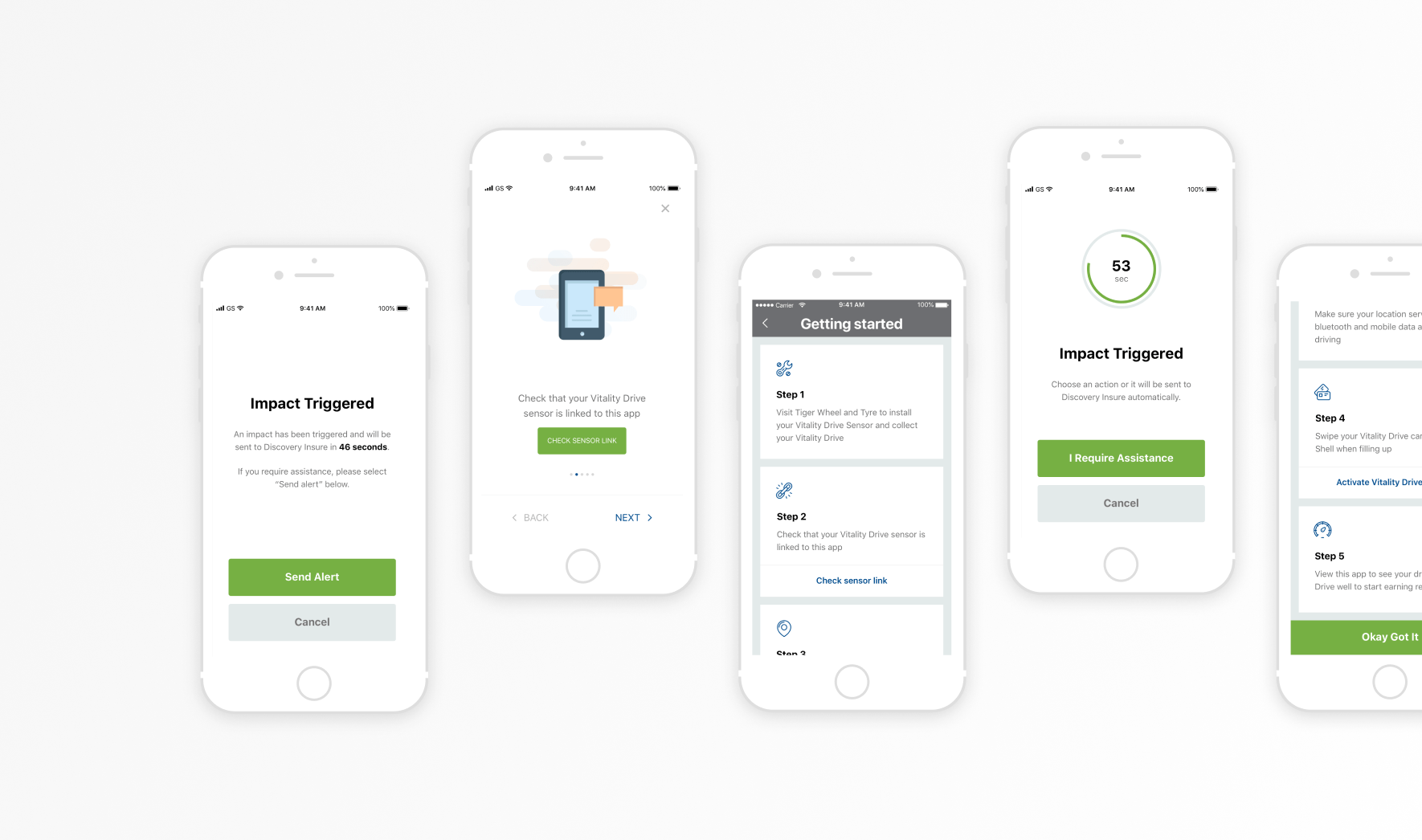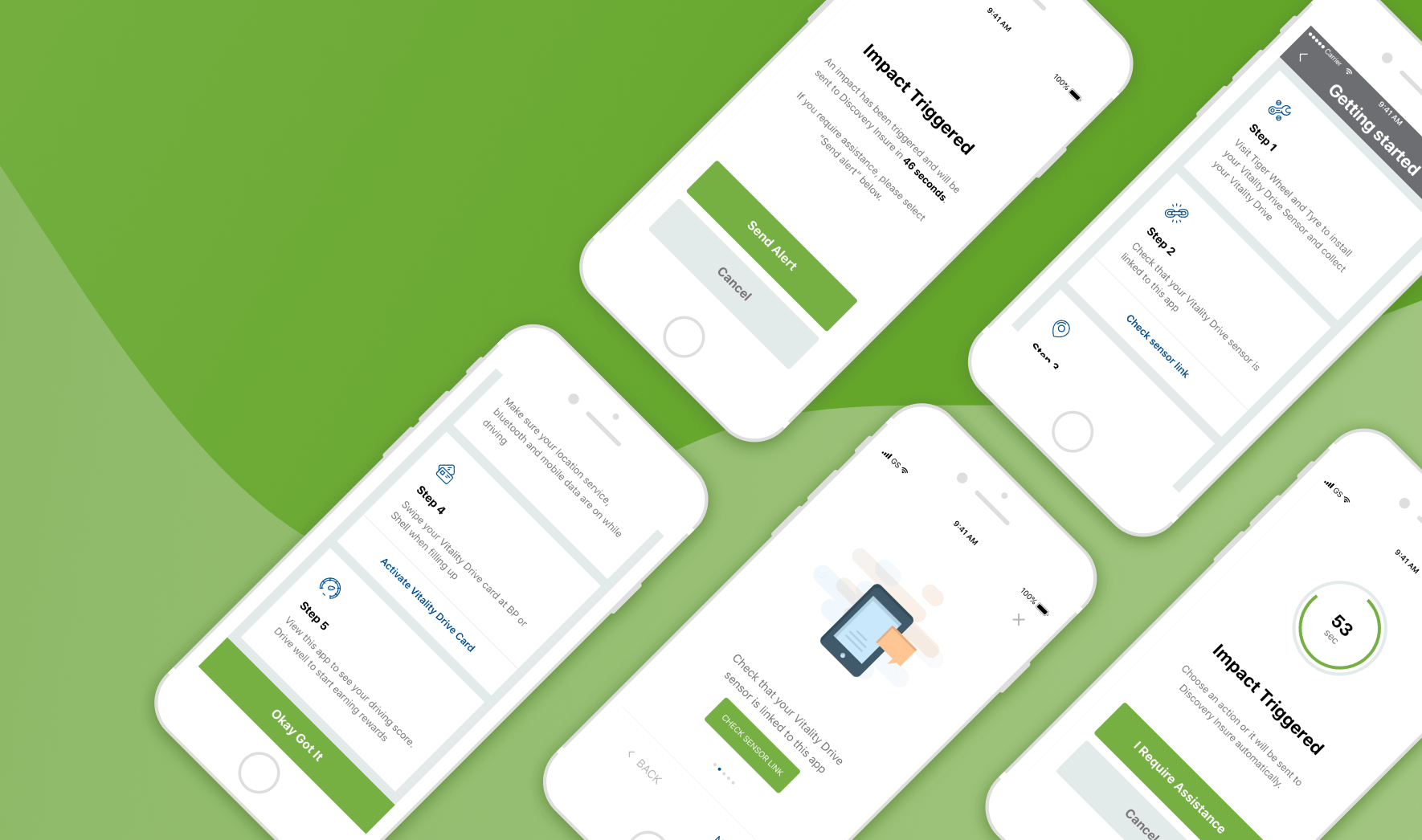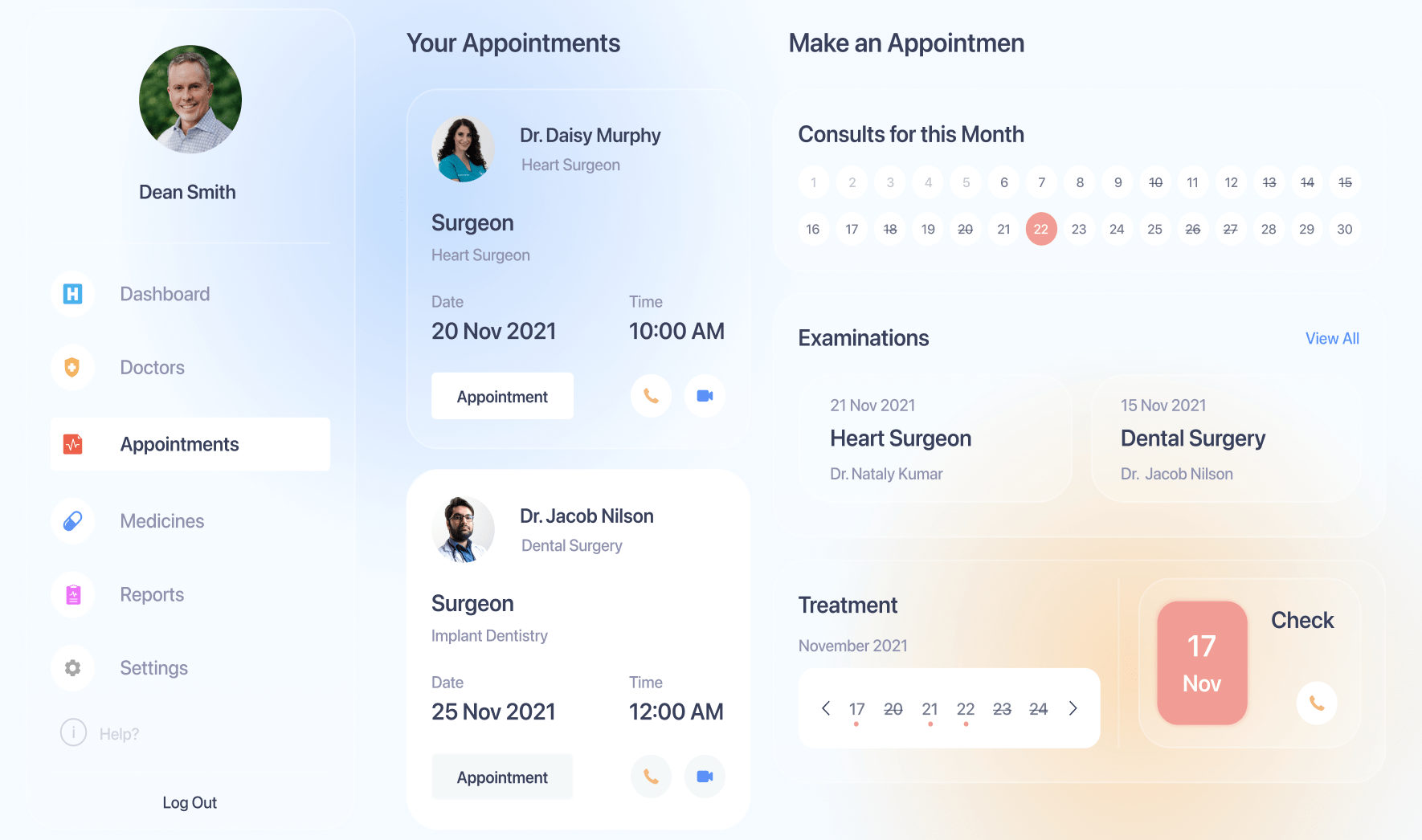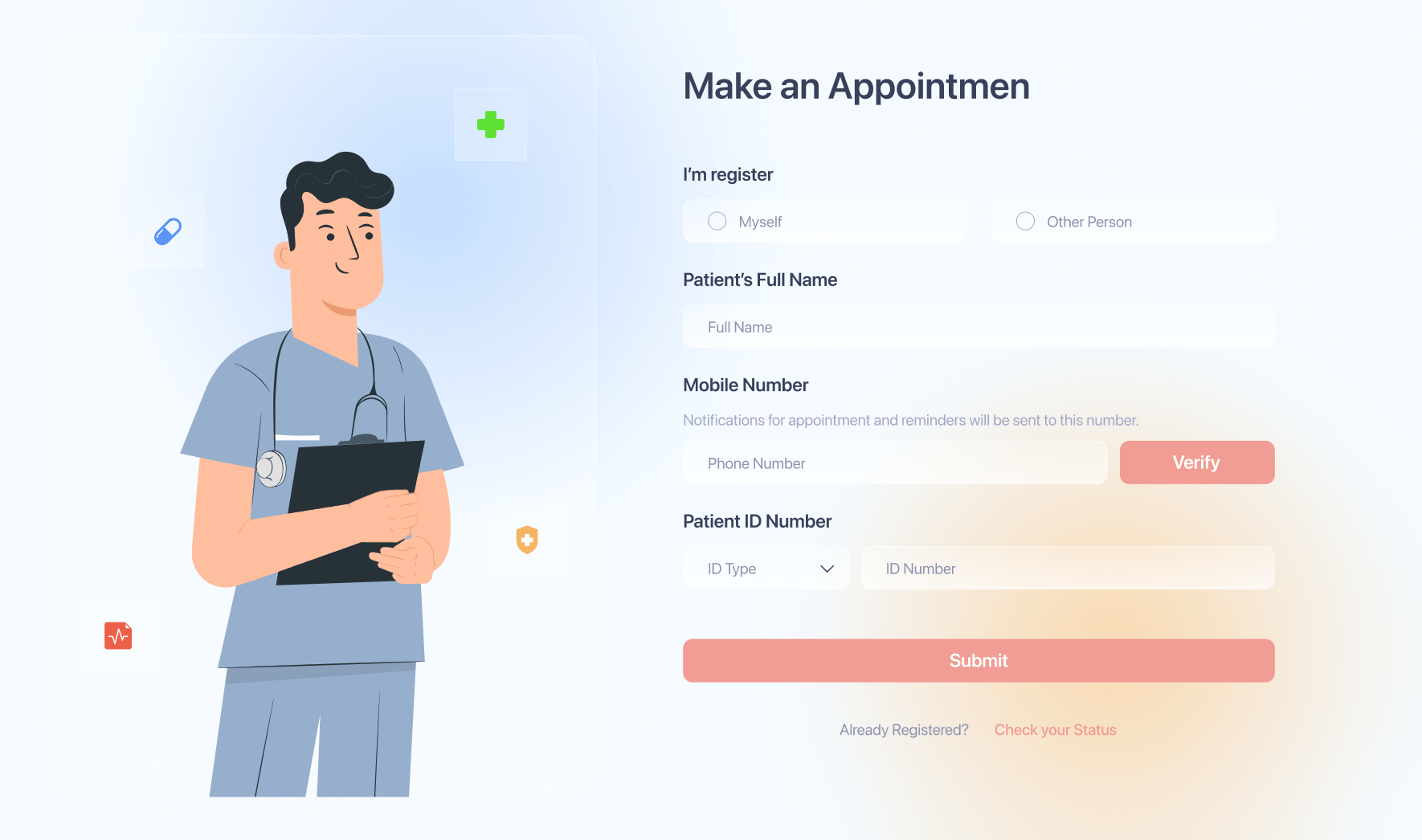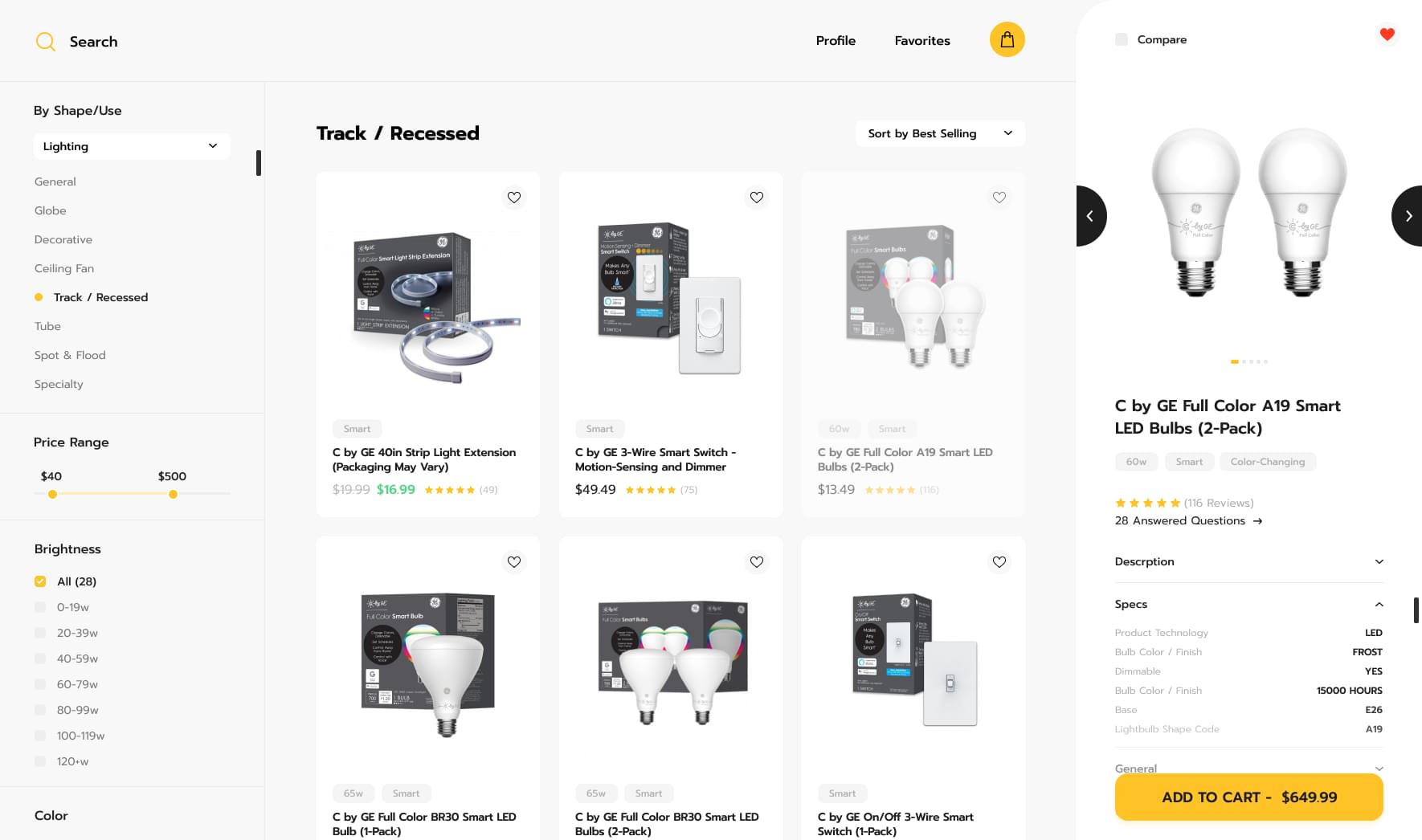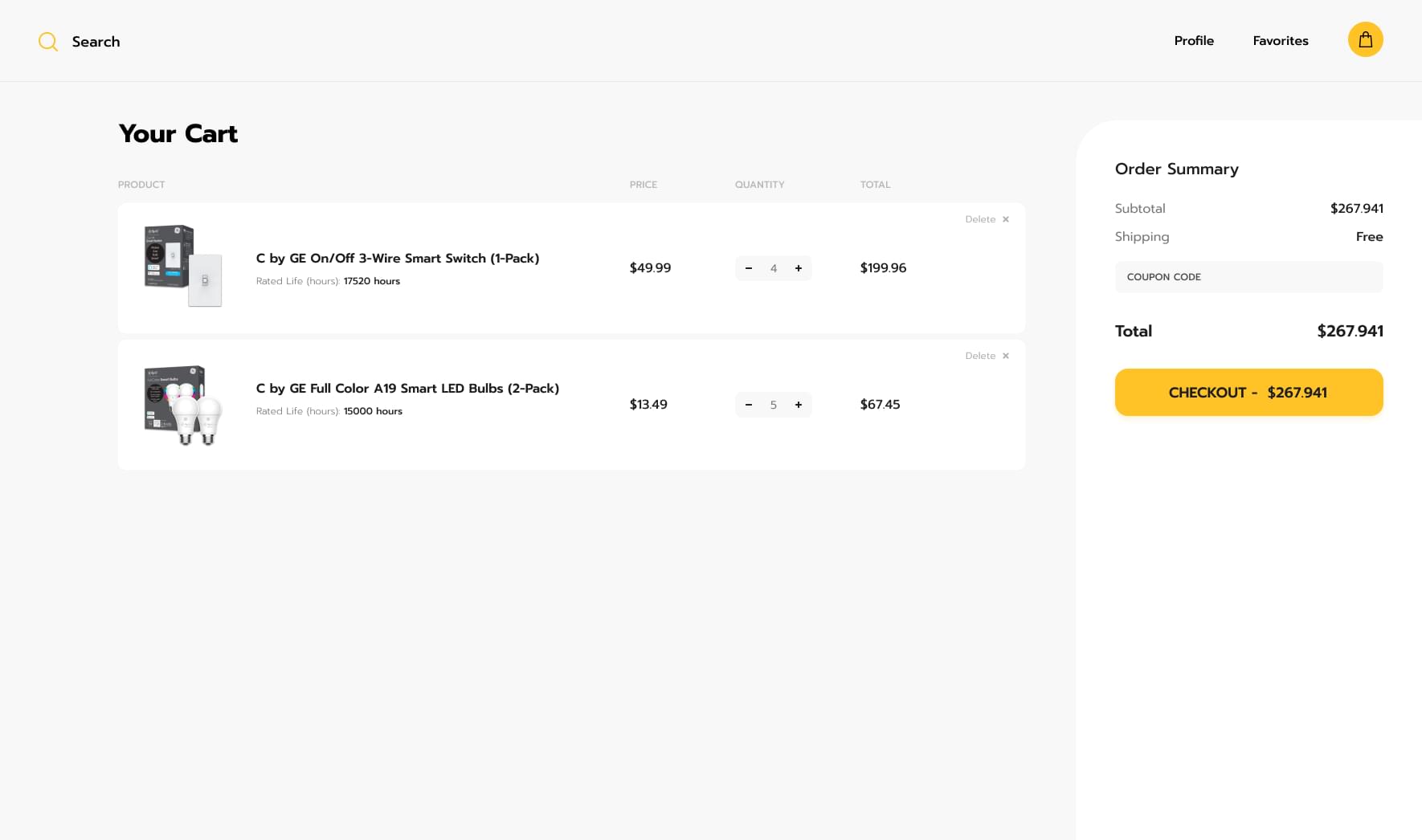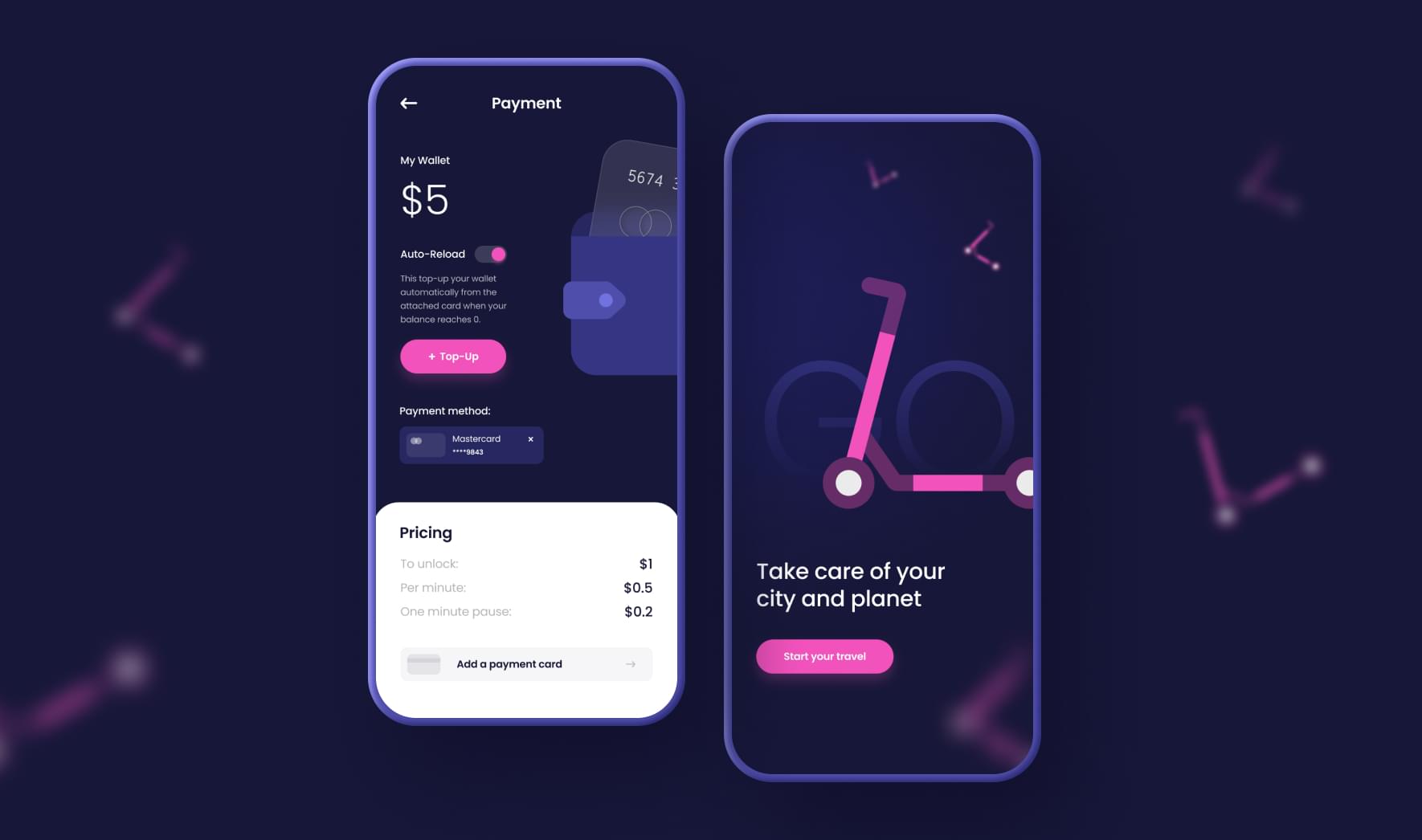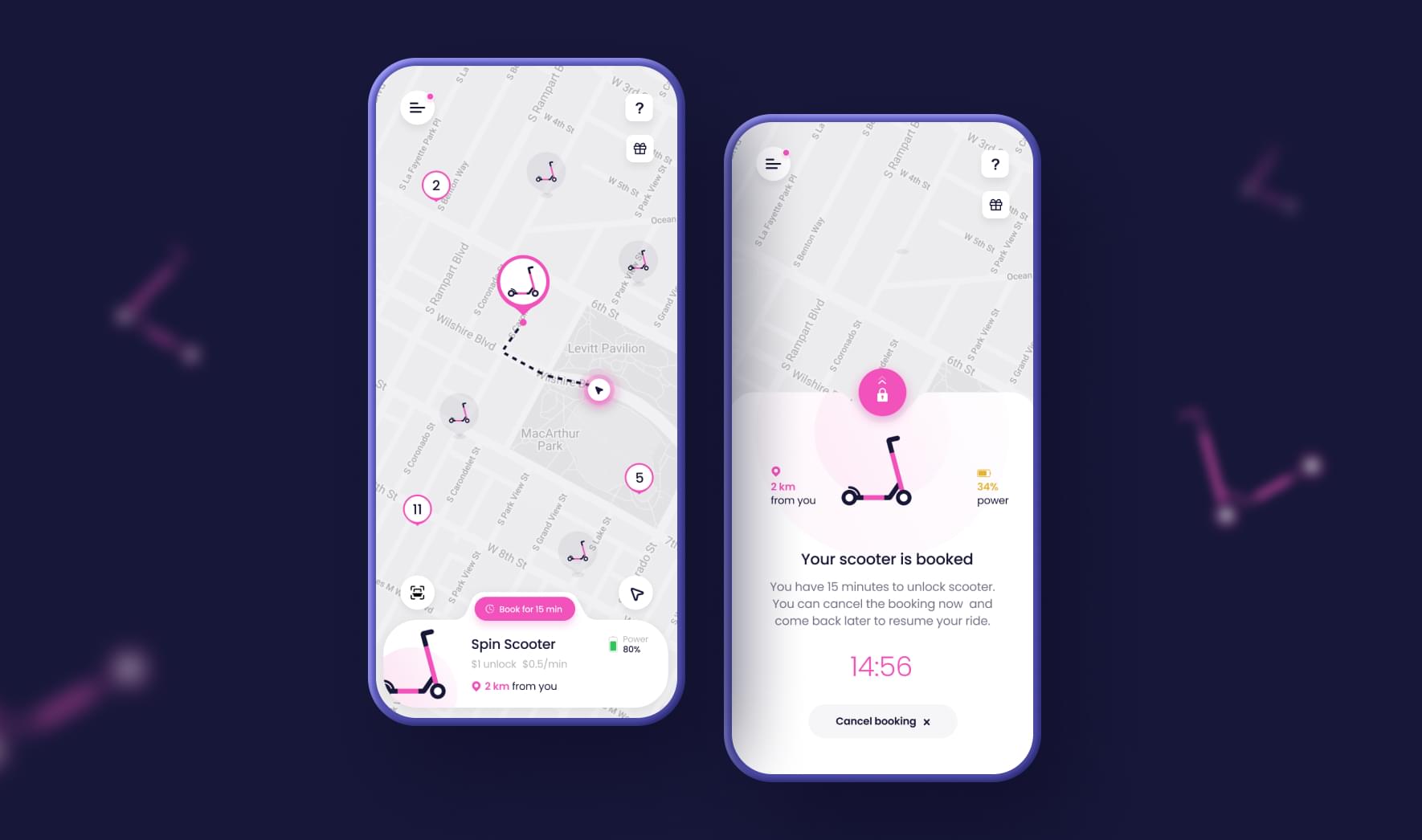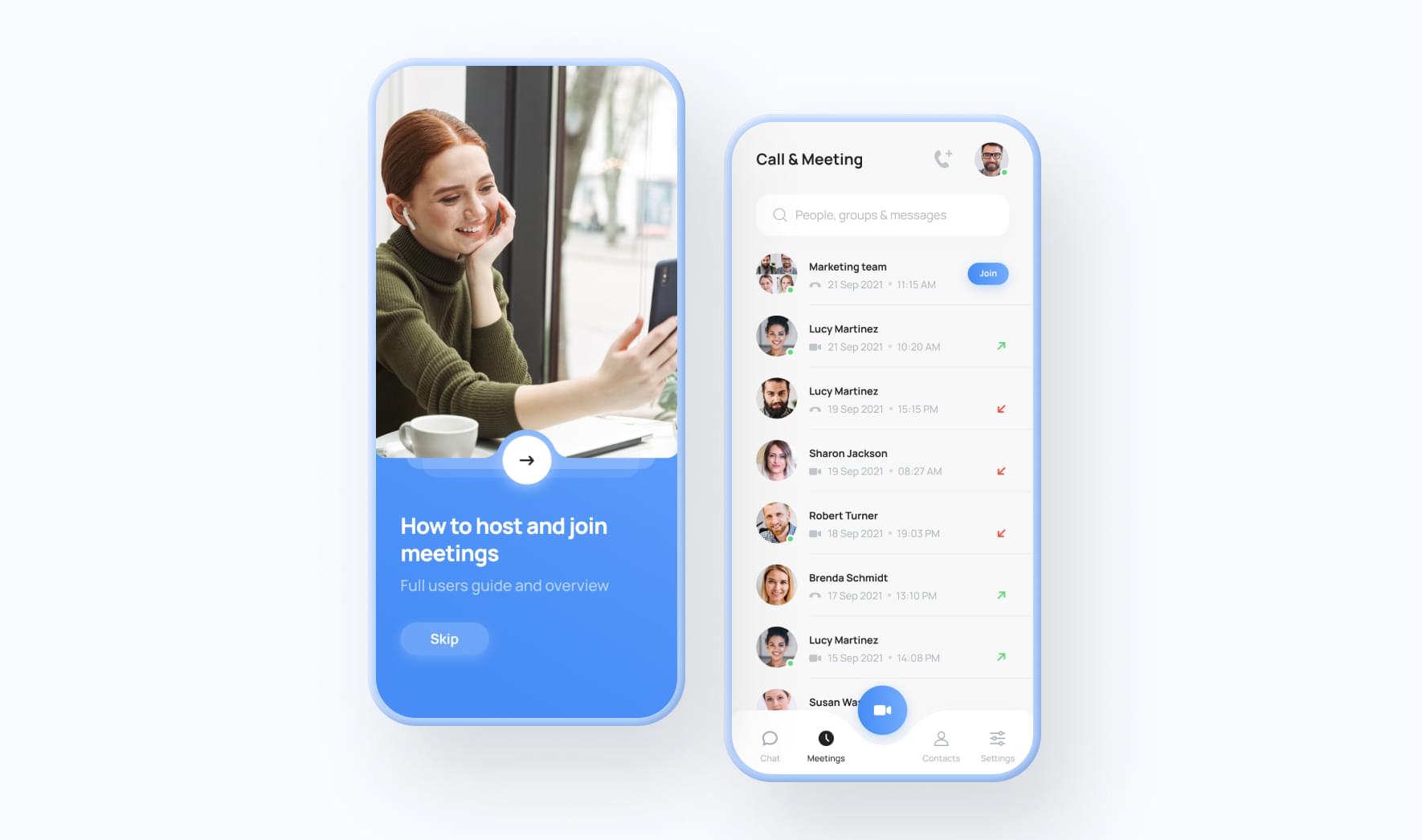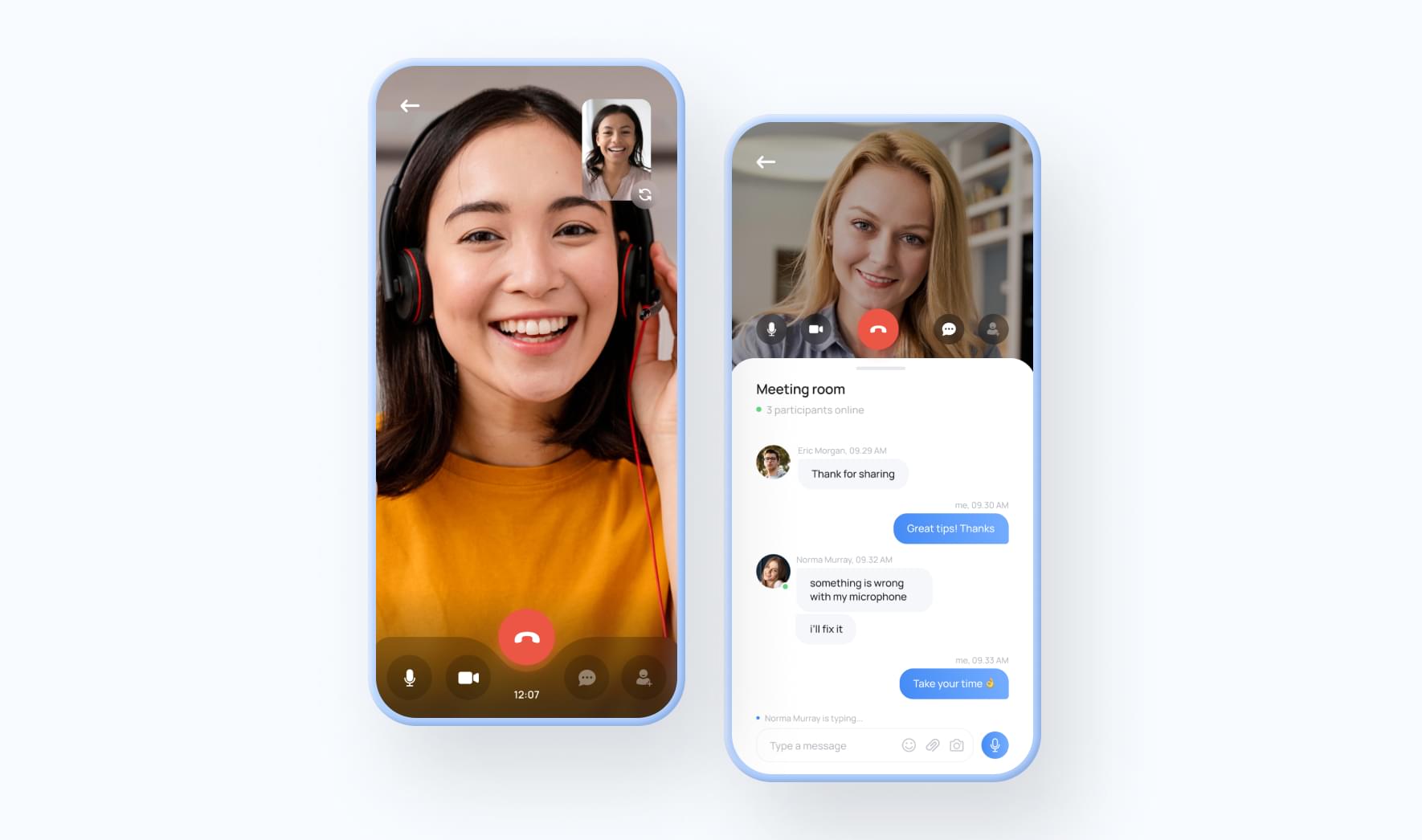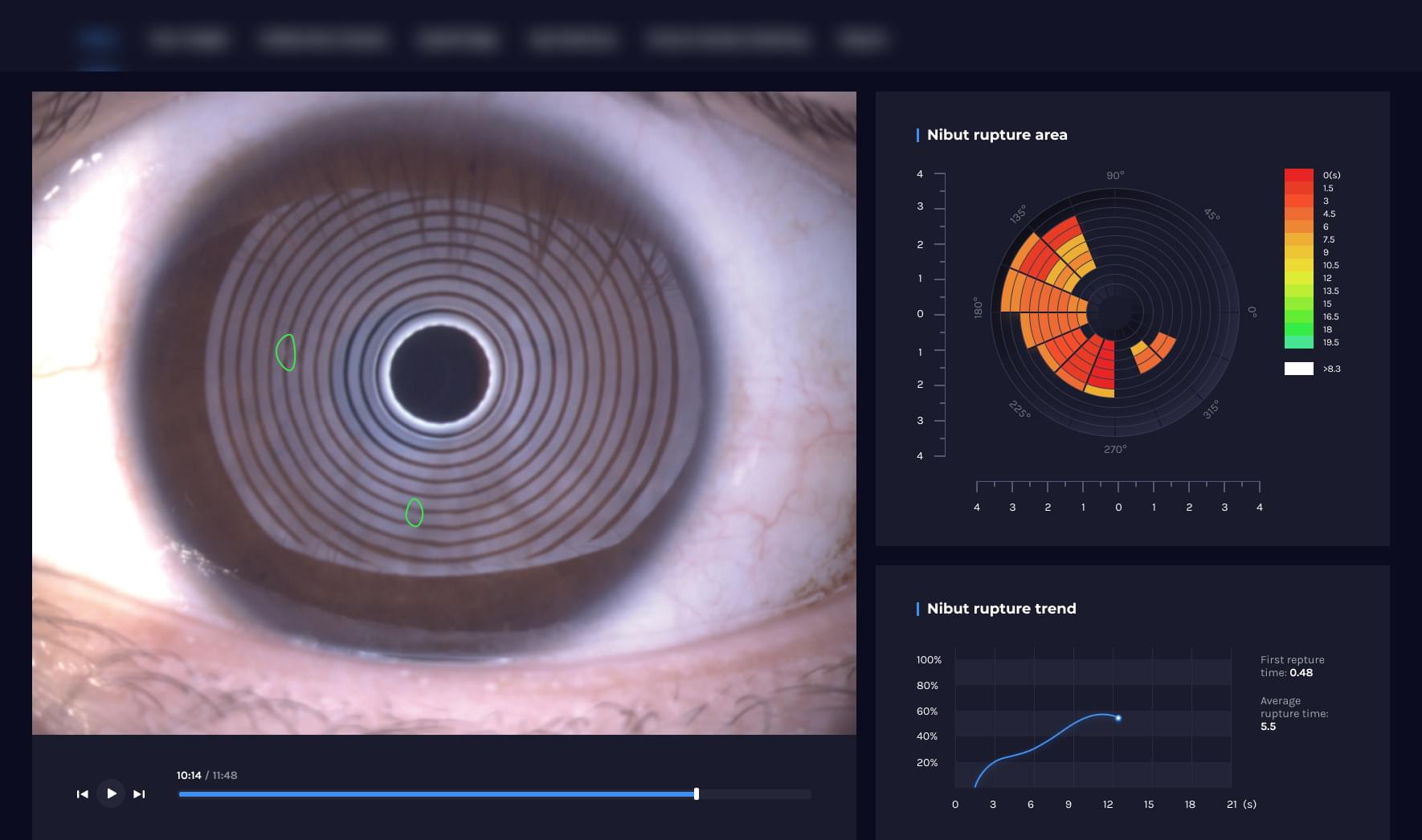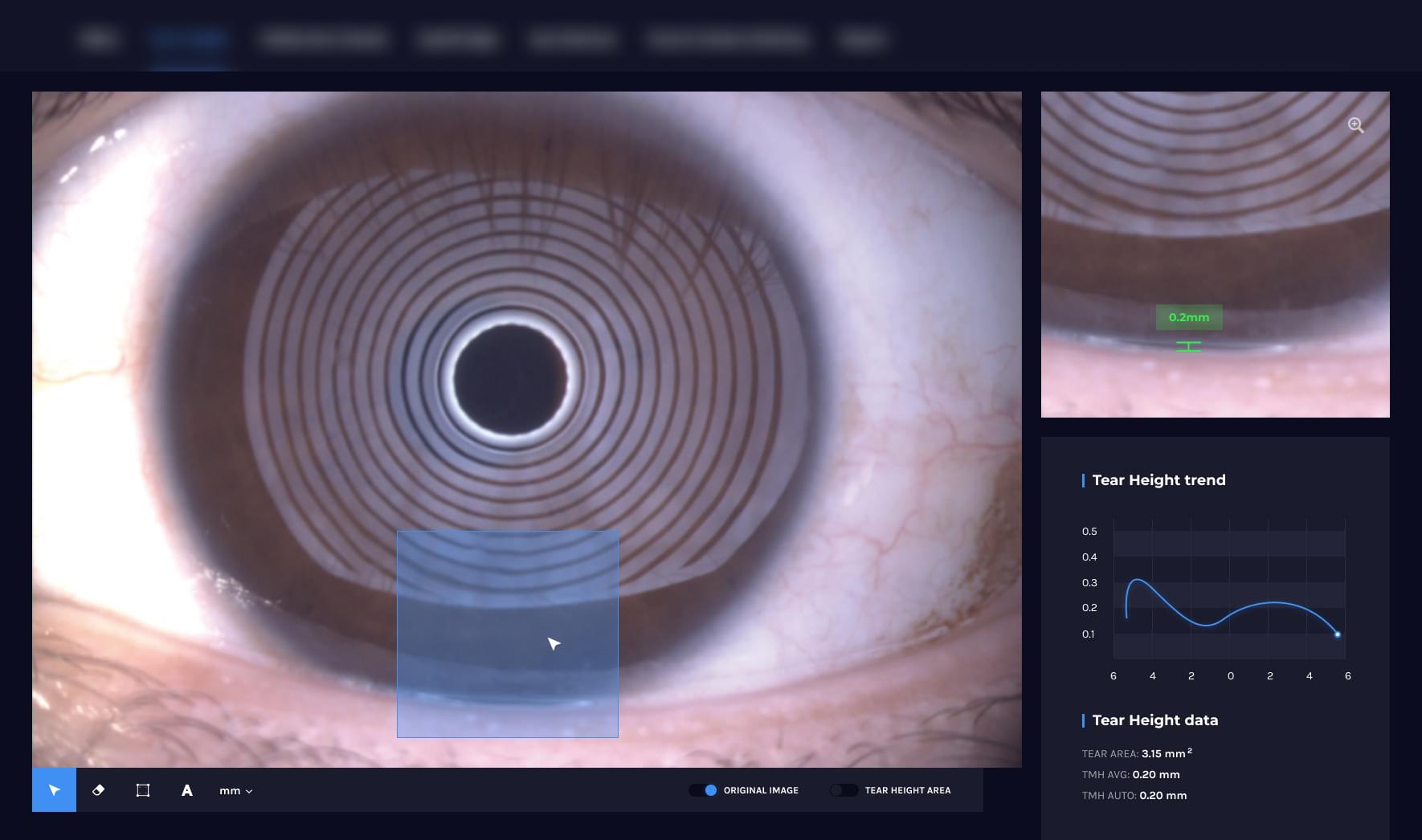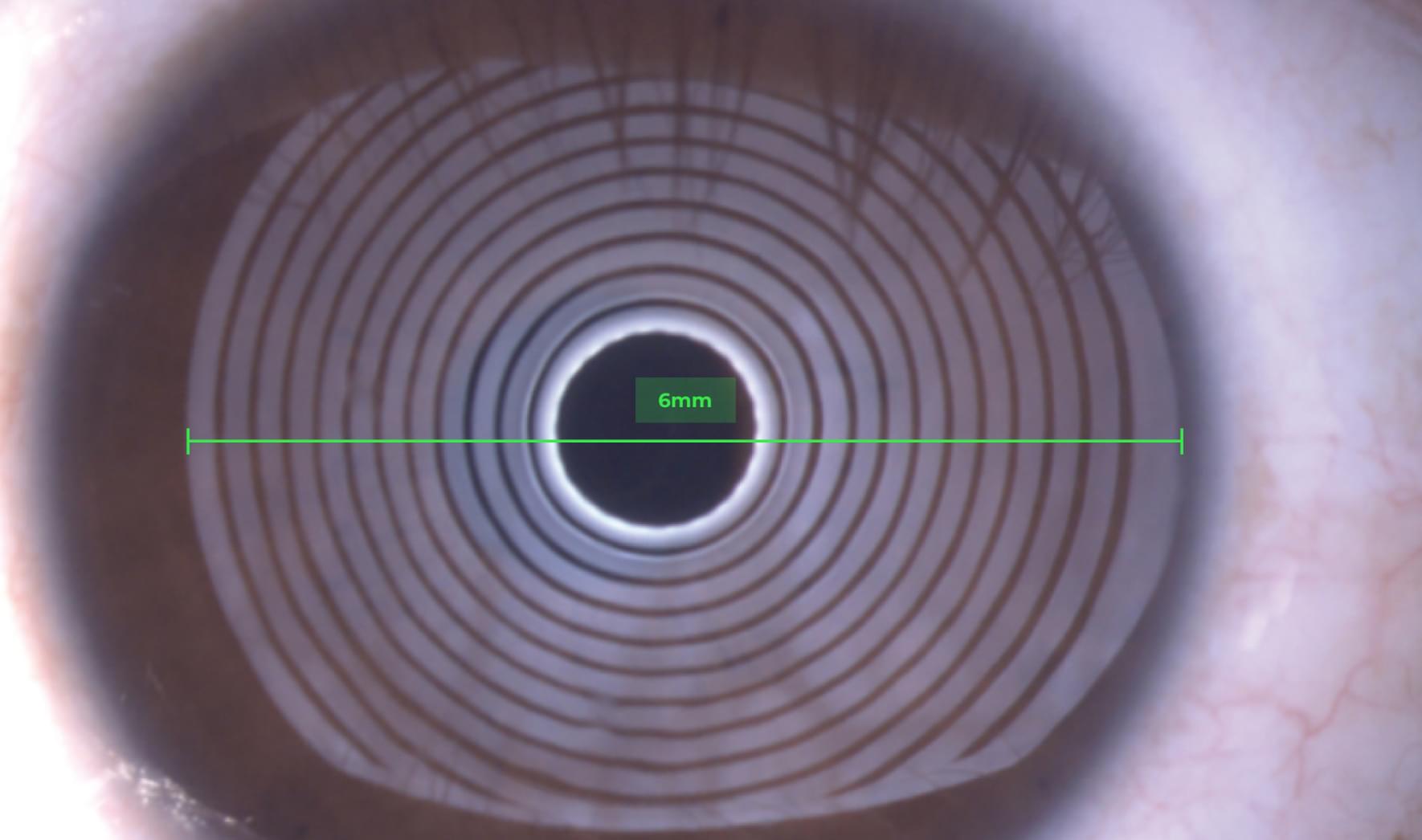Dedicated Development Team
Can't find experienced talents for your project? Strengthen your engineering team effectively with proven IT experts.
Why a dedicated team at Altoros?
We helped 50+ Global 2000 enterprises to set up, handle, and release reliable long-term products to the market. With our staff augmentation, you get:
100%
transparency and visibility of the project status with direct access to task management systems, such as Jira and Trello
350+
experts with average level of English B2+
With Altoros, the onboarding time takes up to 72 hours. We can quickly scale the team up and down according to the project needs.
A highly productive self-managed dedicated team—certified developers, QA engineers, and project managers—focused on your business goals
With a 95% retention rate, we are eager to become a true strategic partner for all of our customers.
Deep expertise to expand skill sets and accumulate an in-house knowledge base
We provide multiple time-zone teams. 5 Global Offices with headquarters in Sunnyvale (USA), branch offices in Norway and Finland, and development centers in the USA, Argentina, and Eastern Europe.
Dedicated software engineers
350+
Employees
70%
Employees
30%
Employees
+5
Join us on average every month
Seniors
Middles
Success
Why use staff augmentation service?
Typical hiring delays related to the transition between companies, knowledge transfer, and the friction new members can bring to the team make it hard to ramp up rapidly. Our experienced dedicated team helps leading companies across industries to develop their projects in-house.

Bring software products to market months ahead of the competitors by promptly building highly efficient teams: add new members within days or even hours. Stay in full control of core business activities while we manage the entire product life cycle.

Leverage the expertise your team lacks—our developers, team leads, project managers, or QA engineers can work as an extension of your engineering team either at your office or remotely. We use secure interaction tools for reporting, so you can track progress regularly.

Our dedicated development team quickly responds to the changing requirements and introduces improvements in real time, while you implement a high-quality product with minimum expenses and maximum ROI.

At Altoros, we enable early project delivery by balancing speed and quality. We design a template backlog, split the development process into feasible steps, prioritize the work, and get the job done in short iterations.
Building a Passenger Traffic Monitoring System
The customer
The customer is a European airport that serves 36 worldwide destinations. At the moment, 26 airlines operate their year-round and seasonal routes at the airport. Established in 1936, the airhub’s major facilities now include a passenger terminal with 14 gates, 5 taxiways, 4 cargo terminals, and an aviation museum.
The Need
Initially, the airport was built to annually receive 2.6 million people maximum. When the customer turned to Altoros, the passenger flow reached nearly 3.3 million per year, causing capacity issues. To improve traffic management, the customer needed to understand how much time passengers spend in a security zone and passport control.
Collaborating with Altoros, the customer wanted to develop a solution for real-time monitoring and analysis of passenger traffic in the busiest airport zone—security check.
The challenge
Under the project, the team at Altoros had to address the following issues:
- The system had to identify passengers in the security zone even if their devices are not connected to Wi-Fi.
- The solution had to distinguish passengers from airport personnel/passersby despite the fact that Android/iOS devices use MAC address randomization to restrict tracking.
- It was important to ensure the highest accuracy possible during real-time traffic monitoring and analysis.
The outcome
Cooperating with Altoros, the customer enabled real-time monitoring and analysis of passenger flow at the airport with 3.3-million traffic per year. With high accuracy of analysis, it became possible to distinguish personnel and passersby from passengers. Now, the airport is also capable of sharing the results of analytics with their security service partner to come up with informed operational and staffing plans.
Technology stack
Windows ServerWindows Server
Programming languagesPython, R, JavaScript
Frameworks and toolsAruba’s Analytics and Location Engine (ALE), React, React-vis, CSS Modules, PostgREST
DatabasePostgreSQL
-
36
Destinations
-
26
Airlines
-
3.3M
Passengers per year
Software Suite for Mobile Technicians and Field Service Management
The customer
Handyman is a service management software suite that streamlines the management of field service workers. It enables mobile technicians to exchange data and coordinate their work with office-based colleagues using iPhone, iPad, or Android devices. The product comprises a desktop part and a mobile application installed on the devices of the service staff. The application is synchronized with the office version and enables to assign a task, schedule site visits, track the progress, and keep the information up-to-date.
The need
ePocket Solutions AS is a Norwegian company focused on creating applications that improve the efficiency of service field workers. The company turned to Altoros to develop a desktop service management software suite. The efficient cooperation resulted in a new project—a mobile client for Apple iOS and Android devices. The requirements of the customer were, as follows:
- The software suite had to be a highly scalable, flexible platform with possibilities of customization, so it could be used by small and large companies in different industries.
- The mobile client had to enable to manage resources (people and assets) more cost-effectively by measuring daily productivity of workers, reducing overtime, and preventing downtime.
- With the help of the application the customer wanted to reach the following goals: decrease transportation costs due to more efficient scheduling, simplify billing and invoicing of the field service orders. These improvements would help to enhance service quality and the overall company performance.
The challenges
Handyman had to be a one-platform solution serving many industries: electrical, telecommunications, utilities, construction, and others. That is why the application needed to provide for top-notch scalability and flexibility.
The company already had a desktop version of a product with legacy back-end created with Visual Basic and wanted to stick to its structure and architecture. So, Altoros team had to provide the solution that would allow to keep the old architecture and add new elements and functions.
To provide an equally convenient way of using the mobile app, the customer needed a universal and identical interface for iPhone, iPad, and Android devices, which was tricky to fully implement due to UI design differences. To ensure the same layout on all devices, the team had to elaborate a new solution that will resolve the interface standardization issue.
The outcome
ePocket Solutions AS received an easily extensible and customizable service management software suite that can be offered to various companies across different industries to improve the quality of their work. In Norway, where the company was founded, nearly 50% of all electricians use this application every day as an essential part of their working life. Aside from electricians, this suite is widely used by mobile workers in other sectors, such as utilities, construction, telecoms, manufacturing, plumbing, heating, and facilities management.
The recent informal feedback from the world’s leading software research vendor suggests that ePocket AS is in a global top 4 companies list in the marketplace for standardized mobile field service solutions.
Technology stack
Server PlatformWindows Server 2003/2008, MS SQL 2005/2008
Client Platform/Application ServerWindows XP, Windows 7, iPad, iPhone, Android
Technologies.NET Framework 4, Entity Framework, DevExpress Controls, Cocoa Touch, UIKit Framework
Programming LanguageVB.NET, T-SQL, Objective-C, C, Java
DatabaseMS SQL 2005/2010, SQL Lite
Modeling ToolVisio 2010
Database Design ToolVisio 2010
Development EnvironmentVisual Studio 2010
Developing Mobile Apps for Analytics-Driven Auto Insurance
The customer
Founded in 2010, the customer is the world’s leading mobile telematics and analytics provider. Using IoT, machine learning, and behavioral science, the organization focuses on developing solutions for the connected car experience. The company’s systems are widely employed by auto insurers, governmental agencies, etc.
The need
The provider had a software development kit (SDK) for building mobile applications around auto insurance. These applications were developed on demand for a particular customer or a region.
With a shortage of in-house Android expertise, the company turned to Altoros to create 12 applications for drivers in 5 countries (including 15 cities in the USA) and 2 applications for a specific insurer. All the 14 applications were to provide auto insurers with relevant data—such as mileage, a number of incidents, an overall driving style, etc.—to deliver optimal insurance plans.
The challenges
Under the project, the team at Altoros had to address the following issues:
- All the applications were to be built using the customer’s SDK, thus having the same core under the hood. However, the changes made to any application must not affect the functionality of others.
- To ensure efficient maintenance and support of the delivered solutions, it was important to achieve unification across the development approaches and codebase.
- With no ready-made solution on the market, highly customized data charts had to implemented.
The outcome
Partnering with Altoros, the company developed 14 mobile applications—serving auto insurance industry—fully customized to local user needs in 5 countries (including 15 different cities in the USA). One of the delivered solutions crossed the threshold of 100,000 installations, while the rest has an average of 1,000–5,000 downloads from the Google Play Store.
Technology stack
PlatformAndroid
Programming languagesJava
Frameworks and toolsRxJava, Google Play Services, Google Maps, Facebook SDK, Picasso, MPAndroidChart, OkHttp, Mockito
DatabasesSharedPreferences
-
5
Countries
-
14
Applications
-
100,000+
Installations
Enabling Online Consultations via a Chatbot During the COVID-19 Pandemic
The customer
The company is a U.S. provider of automation solutions for dental clinics and private practices. The customer has a flagship product—a patient management system. Founded in 2012, the company serves around 6,000 private orthodontists across the USA and Canada.
The need
The COVID-19 pandemic has affected the USA the most with more than 35 million infected. So, efficient operation of healthcare institutions and patient management were key to preventing the spread of the disease. The customer’s flagship product was used by 150 clinics and hundreds of private dentists who faced issues when uploading data (appointment details, intended procedures, etc.) to the system. This could take from 1.5 to 12 hours resulting in doctors’ inability to work.
Many of these dentists were also using an open-source software for managing a database of patients. However, appointment scheduling was still a manual process distracting doctors from vital routines. Relying on Altoros, the customer wanted to deliver a chatbot for online consultations, automating appointment scheduling, and enable online payments for patients.
The challenges
Under the project, the team at Altoros had to address the following issues:
- The customer wanted to integrate a particular online payment system. However, the system’s API was not mature enough for production due to some security issues.
- Each dentist was utilizing a different version of the open-source software that complied with his/her PC or laptop. This also meant different versions of the databases in use. In this regard, it was important to achieve unification across all the supported databases and prevent any data loss.
The outcome
Partnering with Altoros, the customer developed a chatbot that enabled 150 dental clinics and hundreds of private orthodontists to provide virtual consultations during the COVID-19 pandemic. Thanks to this chatbot, 5,000 patients have already received remote treatment. The company also achieved high availability of its flagship product, minimizing the risks of performance issues in future and speeding up data upload from 1.5–12 hours to less than a minute. This allowed dentists to focus on their working routines and helping people.
With the delivered web application, the organization automated appointment scheduling and enabled secure online payments for medical procedures.
Technology stack
PlatformInternet Information Services (IIS)
Programming languagesC#, TypeScript
Frameworks and toolsAzure App Service, .NET Core 3.1, Angular, EF Core, Hangfire, SendGrid
DatabasesMySQL
-
150
Clinics use a chatbot
-
5,000
Chatbot users
-
1 min
Uploading speed
Automating the Purchase of Electric Appliances and Improving Maintenance
The customer
A trade union of 500+ electrical contractors turned to Altoros to develop a tool that helps member companies compare and order products from wholesalers.
Based in Norway, the customer operates as a union of electrical contractors. The trade union includes 500+ members, helping them to make deals with four major wholesalers. As of today, the volume of purchases is over €49 million. Founded in 2004, the company has offices in Oslo, Stavanger, Trondheim, and Bergen.
The need
Within the trade union, member organizations developed a custom PHP-based system to purchase electrical appliances from the wholesalers. However, the app was built on top of an outdated technology stack. As a result, it was hard to maintain and extend functionality.
Previously, the association had collaborated with Altoros to deliver an ecosystem of tools for calculating project costs, HSE management, etc. Satisfied with the engagement, the customer turned to Altoros again to develop a web system—for checking stock status, comparing prices, and making orders, as well as for integrating it with the existing tools. As the trade union planned to get early feedback from members and showcase the product to the union’s board to discuss financing, there were tight deadlines for the delivery.
The challenges
Under the project, the team at Altoros had to address the following issues:
- To enable comparison of goods, relevant information (prices, images, stock status, etc.) had to be retrieved from multiple sources in real time.
- Those sources included the union’s and wholesalers’ product bases, as well as EFObasen, a Norwegian base of electrical appliances.
- For order generation, the organization employed a custom format, noncompliant with conventional order generation standards and highly prone to errors.
The outcome
Collaborating with Altoros, the trade union developed a web app that enables 500+ member organizations to compare electrical appliances offered by partner wholesalers across prices, stock status, discounts, etc. The modernized technology stack helped the association to improve the app’s maintenance. Thanks to a thought-out roadmap, the customer shipped in new features every 2–3 weeks, validating their feasibility on the go. In addition, the organization automated order generation and laid the foundation for order format standardization. Not only this prevented unexpected errors, but also contributed to easier onboarding of new members and wholesalers accustomed to conventional order generation formats.
The system was successfully presented at the member board meeting, and the customer was able to get a budget for further development.
Technology stack
Programming languageС#
Frameworks and toolsASP.NET Core, Angular, Entity Framework Core, ClosedXML, AutoMapper
DatabaseMySQL
-
500+
Partner companies
-
€49M
The volume of purchases
-
2–3
Weeks for feature delivery
A Mobile App for Renting Electric Scooters with 170,000 Active Users
The customer
Based in the USA, the customer is a transportation robotics company focusing on technology-driven development for micro-mobility vehicles. With 30 patents, the company’s flagship invention is a system for scooter fleets. In 2020, the startup raised $60 million of investment.
The need
Under the hood, the platform allowed for detecting 100+ malfunctions: break failures, short circuits, faulty batteries, etc. After the system identified an issue, it would take an appropriate action—e.g., stop the vehicle or block an attempt to rent it—to prevent damage during and between the rides. Originally, the company’s fleet of scooters was available for rental at the campus of the globally recognized tech university. However, the customer had an ambition to deliver its services across the USA, as well as enter the European market. Partnering with Altoros, the organization wanted to develop mobile apps for iOS and Android that would enable users to rent a scooter in 12 cities around the world the service was present.
The challenges
Under the project, the team at Altoros had to address the following issues:
- Cities have geofenced zones—low-speed or restricted areas—that impose certain limitations on vehicle movement. In the cities where the service operated, the number of such zones varied from 10 to 400. It was crucial for the mobile app to identify such zones in real time to prevent any accidents as the scooter would slow down or would be disabled upon approaching a geofence.
- As the service relied on a third-party billing system, sometimes, it took almost 3 minutes to process the payment. As a result, users could not start the ride until the procedure is completed.
- The verification of a bank balance and charging the fee was also a responsibility of the third-party billing system. This left the service vulnerable to allowing a vehicle rental to users with insufficient funds.
The outcome
Partnering with Altoros, the customer developed a mobile app that enables scooter rental for almost 170,000 users in 12 cities across the globe. By enabling the display of geofenced zones in real time, the company prevented users from entering restricted areas or riding at full capacity in low-speed areas. With an in-app wallet, the customer ensured only users with sufficient funds were able to rent their scooters.
After field-testing its service in the USA and Europe, the customer is planning to expand to the Asian market.
Technology stack
PlatformAndroid, iOS
Programming languagesKotlin, Swift
Frameworks and toolsAAC, Firebase Cloud Messaging, Jumio, Stripe, Retrofit, Room, Coroutines, ZXingScannerView, Google Maps, Apple Maps
DatabasesCoreDB
-
42,000
Active Android users
-
12
Cities worldwide
-
127,000
Active iOS users
Developing Mobile Applications for Video Conferencing
The customer
The customer is a global provider of enterprise-grade video conferencing software. The company’s portfolio includes self-hosted and cloud solutions. Founded in 2012, the organization serves such companies as Accenture, PayPal, Intel, General Mills, еtc. Headquartered in Oslo, it has offices in the UK, the USA, and Australia.
The need
When the customer turned to Altoros, its video conferencing solution was web-based only. Aiming at attracting a broader audience and improving user experience, the company wanted to enable its product on mobile devices.
The customer relied on Altoros’s expertise to build iOS and Android applications, supporting scan-to-join meetings, live streaming, messaging, etc.
The challenges
Under the project, the team at Altoros had to address the following issues:
- It was important to ensure conferencing in real time without video/audio delays or overlaps.
- Users must be able to receive incoming calls from the application even if the mobile device is in the standby mode.
- Slow Internet must not affect the capability to establish video/audio connection.
The outcome
Partnering with Altoros, the customer enabled its enterprise-grade video conferencing software on iOS and Android, thus improving user experience and attracting a broader audience.
With 26,000 downloads from Apple Store and 30,000 downloads from Google Market, the delivered applications ensure stable connection without video/audio delays and overlaps. It also became possible to join a conference via scanning a QR code or an NFC tag.
Technology stack
PlatformAndroid, iOS
Programming languagesJava, Kotlin, Swift, Objective-С
Frameworks and toolsAndroid: WebRTC, WebSocket, FlowRedux, Firebase Cloud Messaging, Firebase Crashlytics, Moshi, Android Architecture Components, Android Studio, SQLDelight, SQLBrite, Dagger 2, JUnit 4, OkHttp, Picasso, Robolectric, Socket.IO, iOS: WebRTC, WebSocket, AFNetworking, Socket.IO, CallKit, EventKit, Crashlytics
DatabasesAndroid: SQLite, iOS: CoreData
A System to Deliver Eye Diagnostics Results in Minutes Instead of Weeks
The customer
A provider of medical software solutions turned to Altoros to develop a cloud-based system for collaboration between opticians in stores and ophthalmologists in clinics.
Based in Norway, the customer is a software provider for the healthcare industry. Founded in 2016, the company aims to increase the accessibility of ophthalmology services. For its research, the startup was acclaimed by Innovasjon Norge—a governmental agency for innovation and development.
The need
As of 2015, the number of ophthalmologists in Norway was rather low—81 per million of population. (To compare, Greece has 182.6 and Latvia—127.9). As a result, patients could wait from weeks to a year for an appointment. This impaired the ability to conduct regular eye checks and endangered patients at risk (people with diabetes, older people, etc.) who could not receive timely care. It might also require a trip to another town due to the lack of a local expert.
To fast-track eye diagnostics, the customer recognized the opportunity to transfer the process from clinics to optical stores that had necessary equipment. Relying on Altoros, the company wanted to build a cloud-based platform that would enable sharing of pathology findings between opticians in stores and ophthalmologists in clinics contributing to remote diagnostics.
The challenges
- As the platform would store personal information and health records, it was crucial to ensure the security of sensitive data.
- Eye diagnostics was to be carried out on specialized equipment installed at optical stores.
- Opticians had to upload the photos taken to the system, so that ophthalmologists can analyze them remotely. Maintaining high resolution of the photos and preventing any quality loss was key to facilitating the analysis and safeguarding its precision.
The outcome
Partnering with Altoros, the customer built a cloud-native platform that enables efficient remote collaboration between opticians in stores and ophthalmologists in clinics, reducing the time spent on diagnostics to just 15 minutes. Thanks to the system, people no longer have to wait for weeks to get an appointment as they can now test their eyesight at a local optical store.
With the delivered system, the company was able to sign up two largest Norwegian chains of optics, onboarding 40% of opticians in the country who facilitate counseling. The startup estimated that the platform had the potential to reduce social expenses—associated with healthcare costs and time-consuming processes—by $51.5–$93.6 million annually.
Technology stack
PlatformMicrosoft Azure
Programming languageC#
Frameworks and toolsAngular, ASP.NET MVC, ASP.NET Web Forms, Azure Service Fabric, Azure Active Directory, Bootstrap
DatabasesAmazon DocumentDB
-
15 min
Diagnostics procedure
-
40%
Onboarded opticians
-
$93.6M
Potential cost savings
Related cases
1420 projects delivered in 30+ countries.
We can share more Java case studies on a particular project and other stories of success on demand. Please do not hesitate to reach out to us with a request!
Our clients speak
We have had an amazing journey since our inception in 2001 and have received lots of client testimonials, feedback, and suggestions. Here’s a few of them.
Our customers’ satisfaction rate is95%according to our NPS surveys held on a 3-month basis. Learn more about our customers.























About Altoros
Research & Development
Contact us and get a quote within 24 hours





























